Elementary Education
In the elementary grades students develop reading, writing and mathematical skills. These enable children to more effectively investigate, describe, measure and communicate findings about the world in which they live.
Curriculum Areas
English Language Arts
At the elementary level, English Language Arts is the integration of reading and grammar. In reading, students progress from learning to read to reading to learn. They develop decoding skills, then expand their knowledge of comprehension, fluency and vocabulary. Through our Reader’s Workshop format, students learn individually, in small groups and as a whole class. Students experience a variety of genres and develop a love for reading.
In grammar, students cultivate skills for effective communication – handwriting (print and cursive), spelling, punctuation, capitalization and creativity. They learn to write a variety of informative, narrative and opinion pieces through Writer’s Workshop and the writing process.
Science
The science curriculum is designed around the belief that God created the universe. Through inquiry, technology, process application and practice, students will discover the natural laws by which God preserves His creations. Students use the scientific method to investigate and acquire new knowledge about the world around them, and they perform experiments, learn to make predictions and observations, and draw conclusions. At the elementary level the topics covered included astronomy, geology, biology, chemistry and physics.
Spanish
The Spanish program at St. James fosters a supportive environment where students build confidence by engaging in stories, songs, and skits. Activities are designed to encourage speaking and creativity, often shared across grade levels to spark conversations at home.
Real-world connections, cultural experiences, and simple moments of reflection help reinforce learning and make language meaningful beyond the classroom.
Mathematics
Students learn a variety of strategies to develop strong problem-solving skills. They participate in hands-on activities that introduce and support the ability to solve real world problems and gain exposure to a variety of traditional and non-traditional algorithms. Using Everyday Mathematics’ spiraled curriculum, students develop the ability to recall knowledge from long-term memory by repeated exposure to each mathematical concept and skills.
Bible Study
In grades one through four, Bible study is tailored to the developmental process of the child. The student learns to understand the Bible events through the lens of God’s wisdom, our life in community, awareness of self as the image of God, and our responsibility to serve others. Chapel is a Pastor led weekly service in the sanctuary with the elementary and middle school. Parents are welcome to attend.
Social Studies
In social studies, students learn about both current and historical events. They learn to be responsible, effective citizens and appreciate the impact of culture, geography, history and government on the family, the neighborhood, the community, and the state/region.
Music
Students develop basic musical skills in rhythm, song and the playing of recorders. In the process, they are introduced to music theory and history. As a result, students are prepared to better participate in weekly chapel worship, to function as a children’s choir, and to appreciate and analyze a variety of types of music as a “consumer of the arts.”
Art
At the elementary level, students are introduced to the elements of art and a variety of artistic techniques as practiced by the masters of art history. Students are then given the opportunity to both emulate these techniques and to develop their own unique talents. As a result, students acquire basic skills in both creating and critiquing art.
Physical Education & Health
Students are provided with daily opportunities for exercise and team building. They are engaged in activities to develop fitness, basic athletic skills and sportsmanship. On a weekly basis, they are also introduced to basic concepts necessary for a healthy life-style including nutrition, hygiene, safety and healthy relationships and decision-making.
